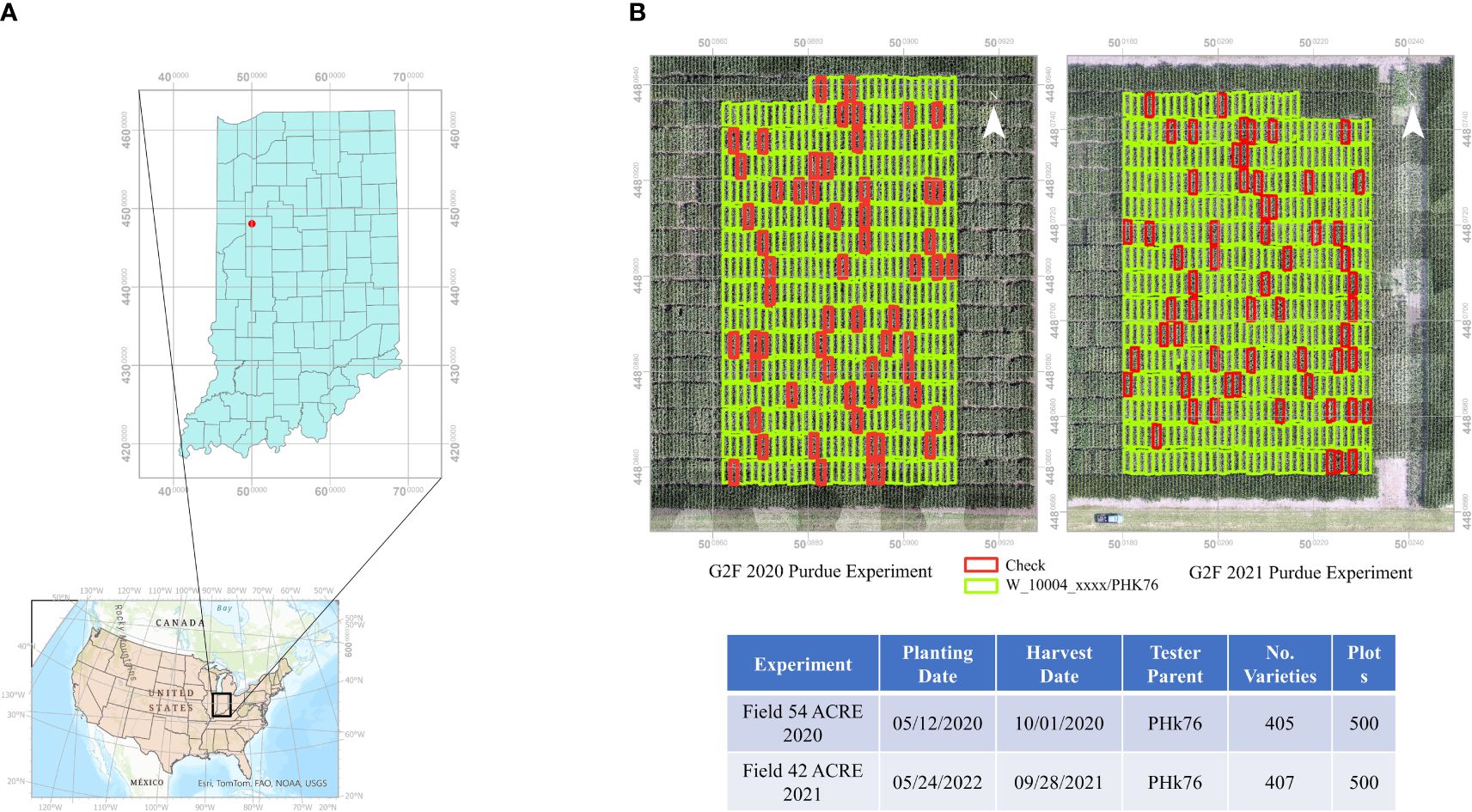2024-09-24 レンセラー工科大学 (RPI)

<関連情報>
- https://news.rpi.edu/2024/09/24/rensselaer-researcher-overcomes-portfolio-optimization-limitations-new-approach
- https://www.pm-research.com/content/iijpormgmt/50/8/196
データ駆動型平均分散スパース・ポートフォリオのレバレッジ制御下での選択 Data-Driven Mean–Variance Sparse Portfolio Selection under Leverage Control
Chanaka Edirisinghe,Jaehwan Jeong
The Journal of Portfolio Management
DOI: 10.3905/jpm.2024.50.8.196
Abstract
Portfolio selection often involves a large number of potential constituent assets, although relevant historical data samples tend to be relatively small, termed the high-dimensional small-sample (HDSS) problem. In addition to parameter estimation issues, mean–variance (MV) optimal portfolios also tend to be highly leveraged and fragmented. This study develops cardinality control to generate sparse MV portfolios, while portfolio short exposure is controlled directly via a leverage constraint. Resulting computational difficulties are circumvented by asset position control using absolute and Euclidean norm parametrization within constraints of an MV optimization. Data-driven calibration of the norm parameters utilizing a cross-validation scheme optimizes the out-of-sample test performance of the optimal portfolios while satisfying portfolio sparsity and leverage restrictions probabilistically. An empirical study with large asset sets examines various policy implications on optimal portfolio choice and compared with the standard MV model. Not only are the out-of-sample efficient frontiers of the proposed approach superior, but the optimal portfolios also satisfy the prescribed sparsity and leverage conditions.



